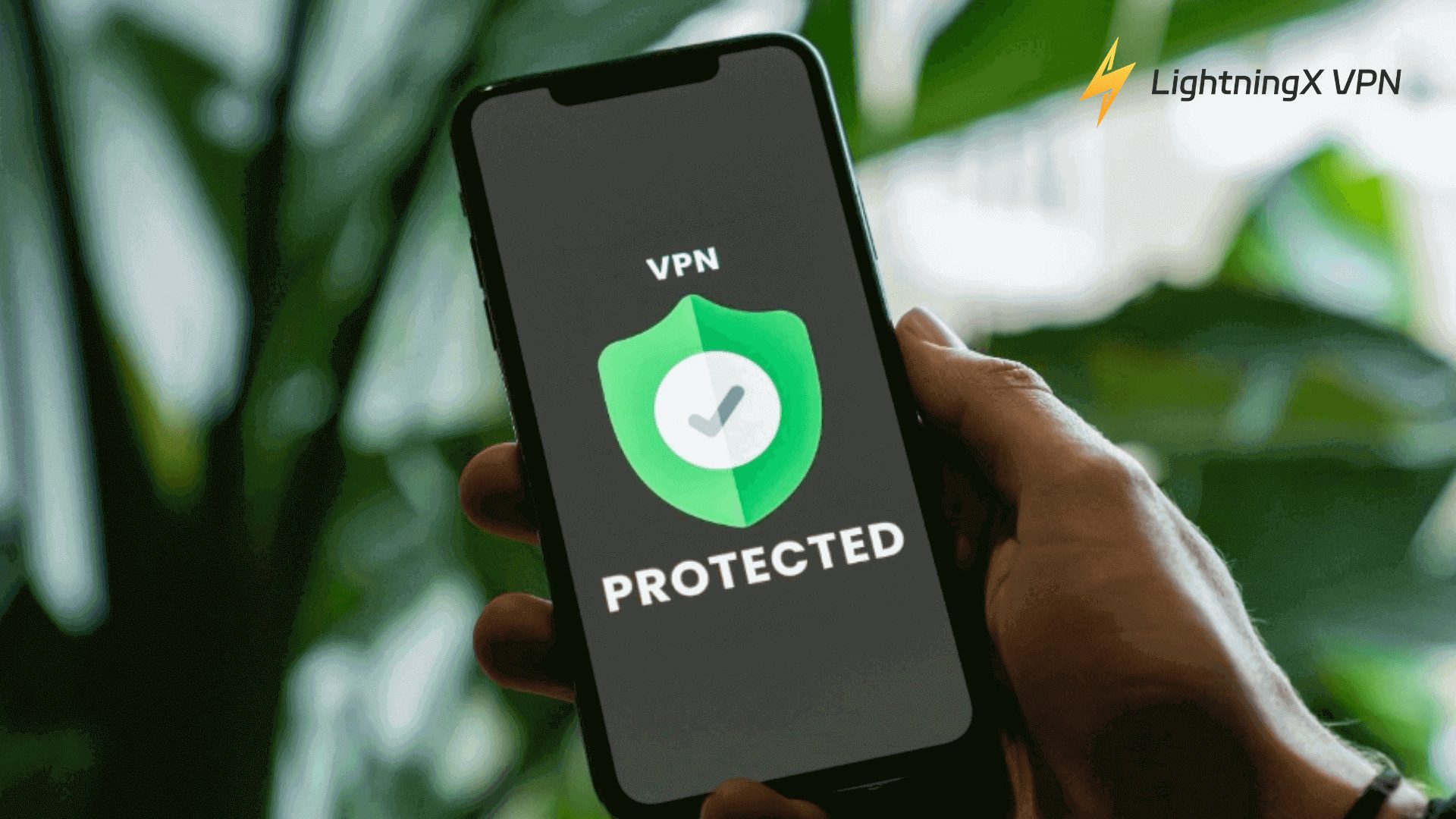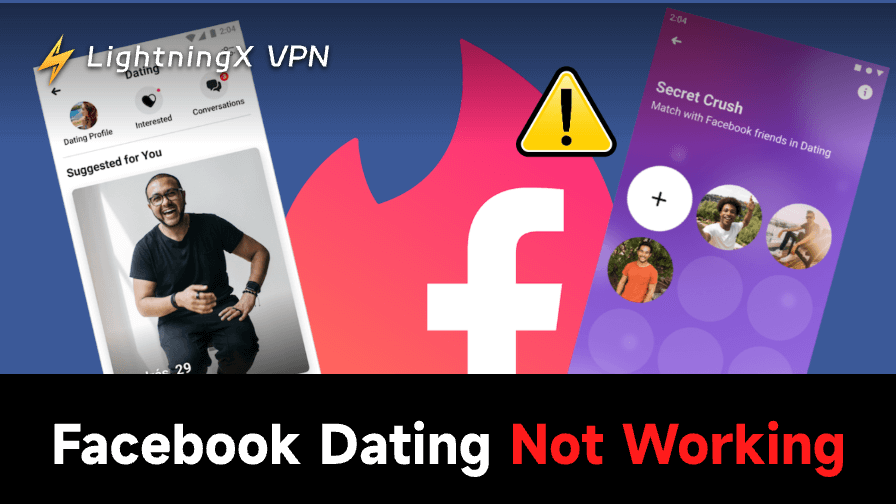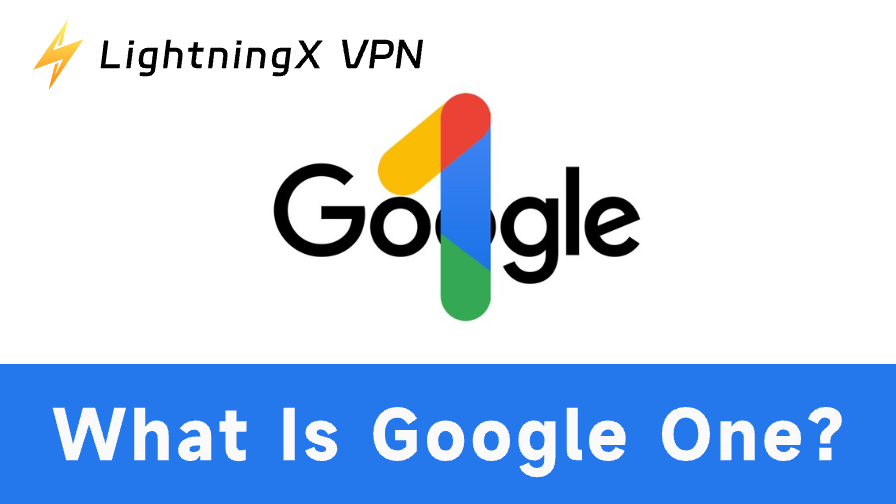Internet freedom is essential for unrestricted access to information and expressing opinions freely online.
In today’s digital age, the Internet is a vital tool for education, economic opportunities, and social connectivity. However, various forms of censorship and restrictions hinder global access to information.
This article explores the connection between internet freedom and global access, focusing on the significant role of Virtual Private Networks (VPNs) in enhancing digital freedom.
Internet Censorship and Restrictions
Government-Imposed Censorship
Many governments worldwide impose severe controls on internet usage. Countries such as China, Iran, and North Korea are known for their stringent internet censorship policies. Usually, this involves blocking social media platforms and news sites, among other content deemed politically incorrect or socially undesirable. The objective is to manage information flow while quelling dissent, but its effects on citizens are profound and diverse.
Impact on Citizens
When access to information is restricted, citizens are deprived of essential resources for learning and communication. For example, in countries with severe censorship, students and researchers struggle to access academic journals and educational websites. Moreover, suppression of freedom of expression stifles public discourse, preventing individuals from voicing their opinions and engaging in meaningful discussions. This not only infringes on personal liberties but also hampers societal progress.
The Role of ISPs
Internet Service Providers (ISPs) are crucial in enforcing government-imposed censorship. They must comply with regulations requiring them to monitor user activity and keep data logs while blocking specific websites or online services as directed by the government. This kind of surveillance further undermines confidence in the digital environment and compounds challenges faced by users in censored regions.
The Role of VPNs in Enhancing Internet Freedom
How VPNs Work
VPNs offer a solution to circumvent internet censorship and protect online privacy. By encrypting data and hiding the user’s IP address, VPNs enable individuals to access blocked websites and services. When users connect to a VPN, their internet traffic is routed through a secure server in a different location, bypassing geo-restrictions and censorship filters.
Benefits of Using VPNs
Access to Blocked Content: The most important feature of the best VPNs for Windows is getting access to blocked content. In places with strict censorship, these systems help bypass government bans and reach social media sites, news portals, and other online resources. For instance, VPNs have become essential in countries like China, where platforms like Facebook, Twitter, and YouTube are inaccessible without such tools.
Enhanced Online Privacy and Security: By encrypting web traffic, VPNs ensure strong security that cannot be hacked or spied on by ISPs, hackers, or intelligence agencies. This is especially important when using public Wi-Fi networks that are often targeted by cyber-criminals. A survey conducted by Forbes shows that 77% of people would use a VPN to safeguard their privacy online. With a VPN service, users can surf the net knowing no one will see their data.
Safe Browsing on Public Networks: Public Wi-Fi networks, such as those in cafes, airports, and hotels, are notorious for lacking security. Hackers who steal personal information like login details and credit card numbers can easily exploit such networks. According to Grand View Research, the global VPN market was valued at $41.33 billion in 2022 and is projected to grow at 17.7% CAGR from 2023 to 2030. The rising concerns over data security during transfers over public internet connections will further drive this trend. But thanks to VPNs, which provide secure tunnels for all our internet activities and ensure our safety while we browse through those unsecured channels like public WIFI spots.
Avoiding ISP Throttling: Some ISPs slow down certain types of traffic, like streaming or torrenting. Nevertheless, users can bypass this issue and speed up their connections by using a VPN. Providers cannot find out what the user is doing with their web traffic if they have installed one, so they won’t throttle anything.
Anonymity and Protection from Surveillance: VPNs mask users’ IP addresses, making it difficult to track their online activities. This is essential in ensuring that people stay anonymous while browsing the internet because no one, including governments and cybercriminals, can spy on them.
Access to Global Content Libraries: Streaming services like Netflix, Hulu, and BBC iPlayer offer different content libraries based on geographic location. VPNs enable users to access these libraries by connecting to servers in various countries, effectively bypassing geo-restrictions. This allows for a broader range of entertainment options and access to content that may not be available locally.
VPNs as a Tool for Bridging the Digital Divide
The digital divide is the gap between individuals with internet access and those without. This disparity exists for various reasons, including poverty, lack of infrastructure, and limited educational opportunities. Closing this gap is crucial to ensuring everyone can benefit from the opportunities the internet offers in today’s technological era.
VPNs can play a vital role in bridging the digital divide. They enable people to access educational resources, work remotely, and connect with underserved communities. For instance, students in developing nations pursuing accelerated online degrees can use VPNs to access courses and academic materials that may not be available locally. Additionally, remote employees can securely access their company networks from anywhere, enhancing global economic participation. By supporting these efforts, VPNs help make the internet universally accessible, reducing the digital divide and promoting inclusiveness.
Final thoughts
Accessing information from anywhere in the world is a cornerstone of our interconnected society, driven by the widespread use of the internet. VPNs offer a secure means of circumventing censorship, providing freedom to users in restricted areas.
While there are challenges associated with VPN technology, continuous improvements and advocacy for broader digital rights hold promise for a more inclusive internet. Supporting initiatives that promote internet freedom while taking personal measures to secure privacy is essential for creating a more open and accessible digital world for all.


















